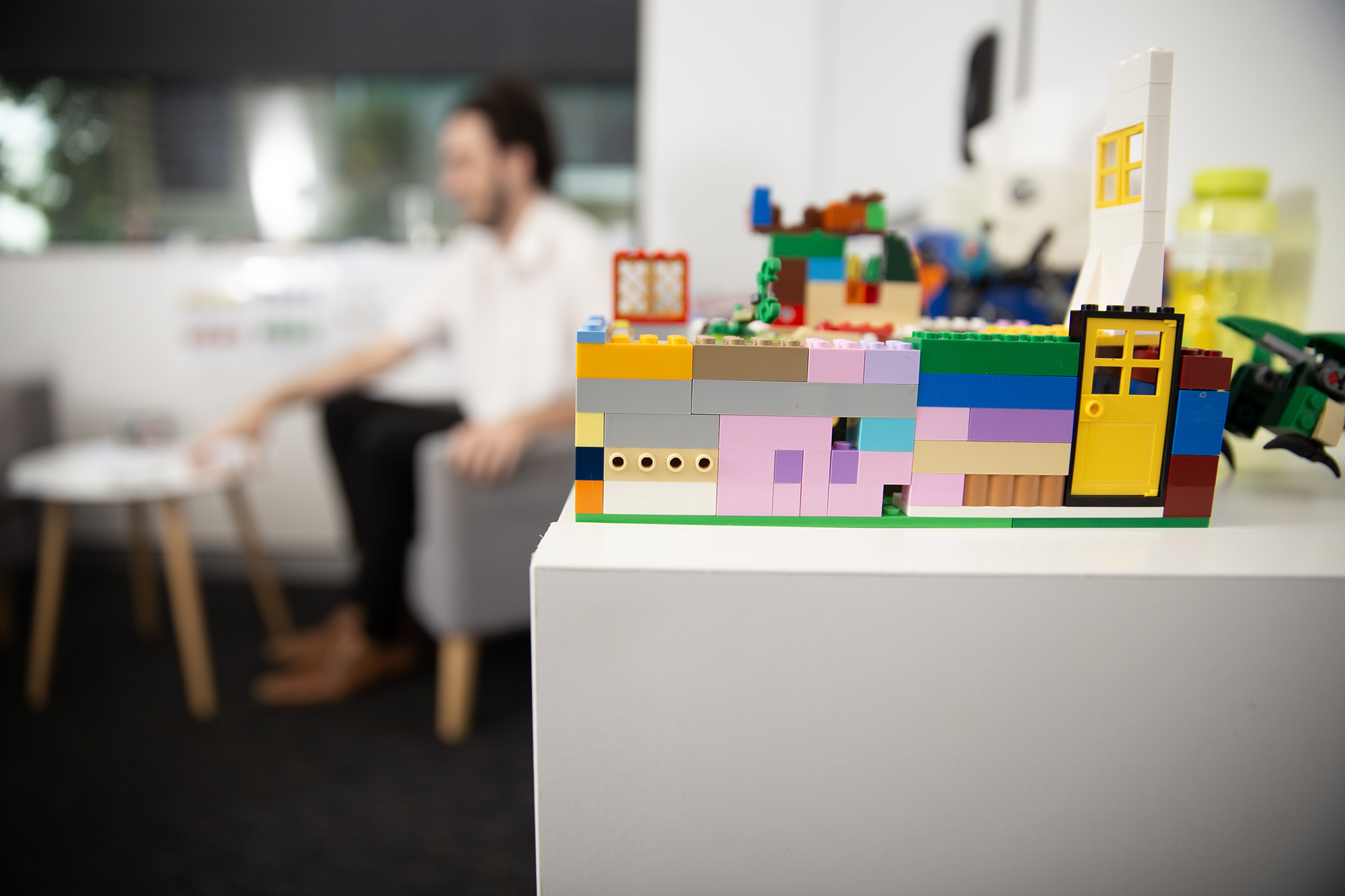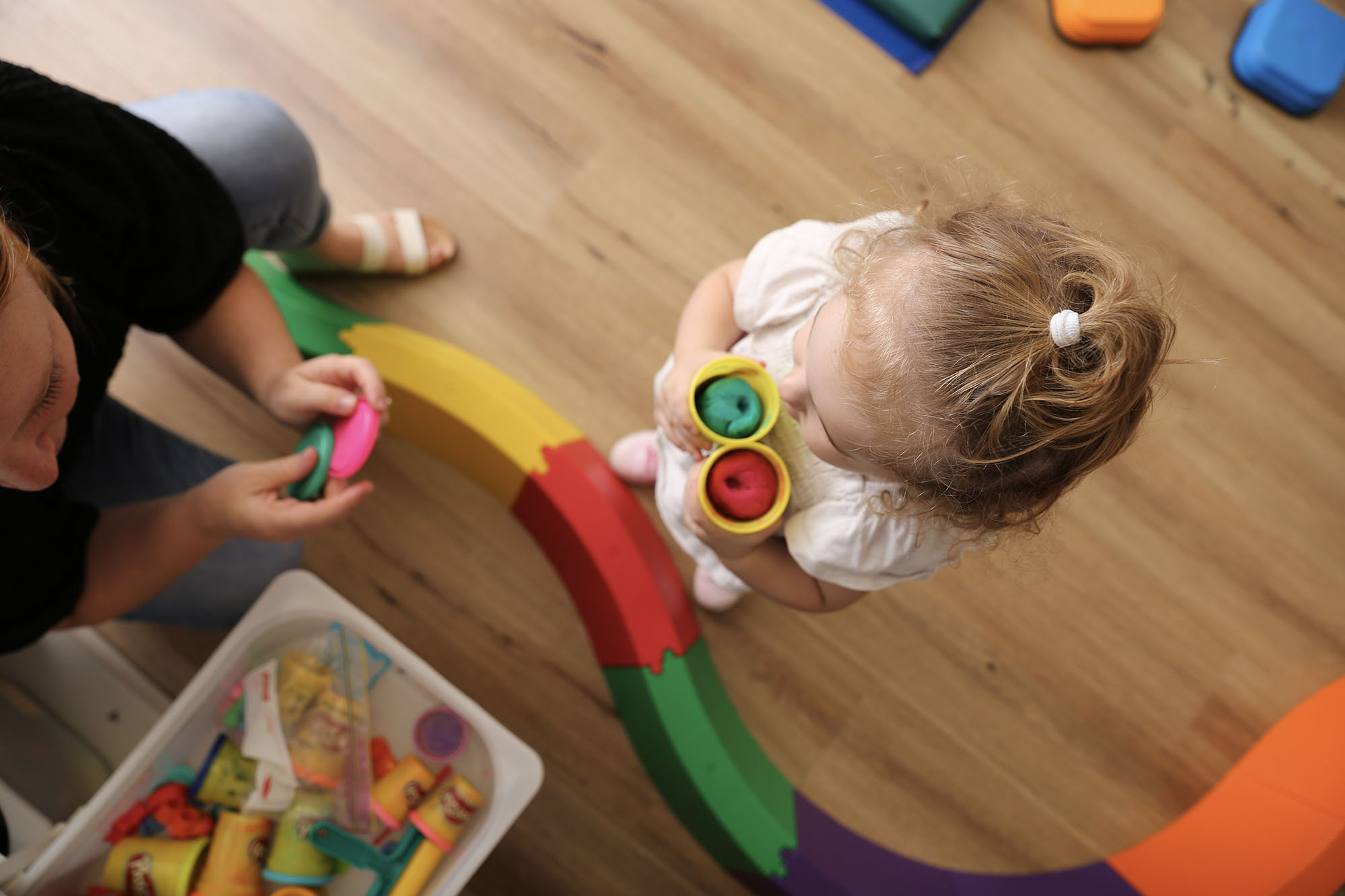- Assessments
- /
- ADHD
What is Attention-Deficit/Hyperactivity Disorder (ADHD)?
ADHD is a condition that affects how the brain develops. People with ADHD have trouble staying focused, paying attention, and often feel very active and act impulsively.
How is ADHD assessed?
At Youthrive, ADHD is assessed by trained allied health professionals in line with the Australian Evidence-Based Clinical Practice Guideline For ADHD. These assessments are conducted by a psychologist wih experience working with children and young people with ADHD. If you think your child has trouble paying attention, following instructions, or is very active and impulsive, which affects their home or school life, you might want to ask about ADHD screening. You can do this through our service or by talking to your GP. Some groups are more likely to have ADHD, such as children with other neurodevelopmental conditions, those in out of home care, and people with other mental health conditions.

What to expect in the assessment
In the first session with one of our qualified health professionals, we will gather background information and history about your child and discuss an assessment plan. The assessment may include observing your child at school and in the clinic, using rating scales, and evaluating their functioning. We often also conduct cognitive and academic assessments as part of this thorough evaluation.
It Is useful to bring any referals or reports regarding your child with you to this session. We will explore if the differences you are observing in your child are attributable to ADHD or to other genetic/developmental or psychosocial factors, which may also be co-occurring.
We will share the assessment results with you in a written report and in a face-to-face meeting, giving you a chance to ask any questions. The written report, which you can share with health professionals and support people in your child’s life, will take up to four weeks to complete. Full payment is required before we release the report. We will also include and discuss recommendations for support to help your family move forward.













